Pope Francis's Successor: A Look At The Potential Candidates
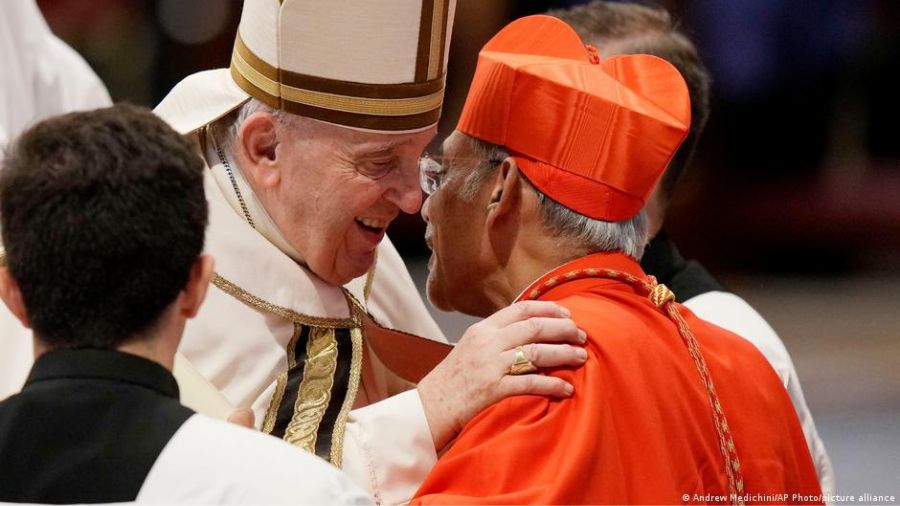
Table of Contents
Key Cardinals to Watch
The College of Cardinals, responsible for electing the next Pope, comprises hundreds of individuals. However, several Cardinals consistently emerge as potential candidates for the next Pope. Let's examine three prominent figures:
Cardinal Pietro Parolin
- Theological Leanings: Moderate, demonstrating a blend of traditional Catholic teachings and openness to dialogue.
- Pastoral Experience: Currently the Vatican Secretary of State, holding a significant administrative role within the Church. Extensive diplomatic experience.
- Global Influence: Widely respected within the Vatican and internationally, known for his diplomatic skills and ability to navigate complex geopolitical issues.
- Potential Obstacles: His relatively young age might be seen by some as a drawback.
Cardinal Luis Antonio Tagle
- Theological Leanings: Progressive, known for his emphasis on social justice and inclusivity.
- Pastoral Experience: Former Archbishop of Manila, possessing extensive experience in pastoral care and leading a large diocese. Known for his engaging and charismatic communication style.
- Global Influence: Strong support in Asia and among progressive Catholics globally. His background in communicating with diverse populations is significant.
- Potential Obstacles: His progressive views might face opposition from more conservative factions within the Church.
Cardinal Marc Ouellet
- Theological Leanings: Conservative, upholding traditional Catholic doctrines and practices.
- Pastoral Experience: Prefect of the Congregation for Bishops, responsible for the appointment of bishops worldwide – a crucial role in shaping the Church's future.
- Global Influence: Respected within the Vatican hierarchy and known for his deep understanding of Church governance.
- Potential Obstacles: His conservative stances could alienate some segments of the Catholic population.
Comparison: While Cardinal Parolin represents a moderate approach, Cardinal Tagle embodies a more progressive wing, and Cardinal Ouellet anchors the conservative viewpoint. Their differing theological perspectives will significantly influence the direction of the Catholic Church under the next Pope.
Factors Influencing the Papal Election
The selection of the next Pope is a complex process shaped by various internal and external forces.
The Role of the College of Cardinals
The papal conclave, a secret election held by the College of Cardinals, is governed by strict rules. Cardinals under 80 years old are eligible to vote. A two-thirds majority is required for election. The size and diversity of the College—representing various theological viewpoints and geographical regions— significantly impacts the outcome. The secrecy surrounding the conclave adds an element of unpredictability.
Global Concerns and Challenges Facing the Church
Several crucial factors influence the cardinals’ choices:
- Declining Church Attendance: Many developed nations are facing declining numbers of practicing Catholics.
- Financial Scandals: Recent financial scandals have eroded public trust and require robust reform.
- Modern Social Issues: The Church's stances on issues like LGBTQ+ rights, abortion, and climate change continue to spark debate.
Theological and Political Considerations
The College of Cardinals reflects a spectrum of theological viewpoints, from conservative to progressive. This diversity shapes the election, with candidates representing different approaches to addressing the Church's challenges. Political considerations, though officially denied, may subtly influence the voting process, given the Church's global reach and geopolitical significance.
Predicting the Future Pope
Analyzing the Odds
Predicting the next Pope is inherently difficult. While Cardinals Parolin, Tagle, and Ouellet are frequently mentioned, the outcome remains uncertain. The conclave's secrecy and the unpredictable nature of the voting process make any definitive prediction impossible.
The Qualities of a Successful Papacy
The qualities desired in a successful Pope often include:
- Strong Leadership: The ability to guide and inspire the Church.
- Effective Communication: The capacity to connect with a global audience.
- Theological Depth: A profound understanding of Catholic doctrine.
- Pastoral Sensitivity: Empathy and concern for the needs of the faithful.
Conclusion
The election of Pope Francis's successor will be a momentous occasion, shaping the future trajectory of the Catholic Church. Cardinals Parolin, Tagle, and Ouellet represent diverse theological perspectives and represent a range of possibilities. The factors influencing the election – the College of Cardinals' composition, global challenges facing the Church, and theological viewpoints – will play a crucial role in determining who will be chosen. To understand the complexities of choosing Pope Francis's successor, further research into the individual cardinals and the intricacies of the papal election process is recommended. Stay informed and continue your exploration of the potential candidates to form your own opinion on the future direction of the Catholic Church. Learning more about the candidates will provide a better understanding of the future of the papacy.

Featured Posts
-
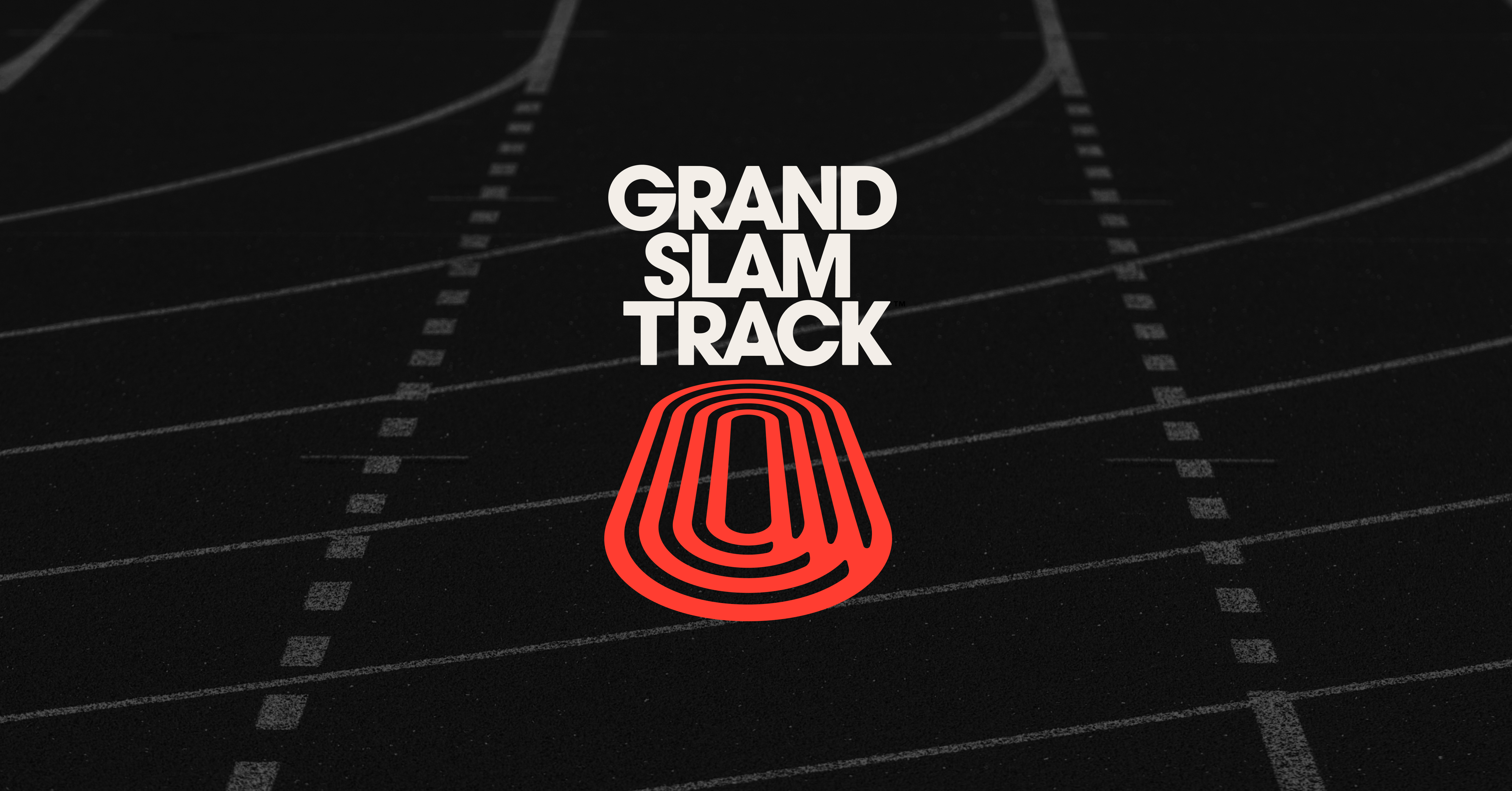 Explore The Cooyah Grand Slam Track Collection A Closer Look At The Designs
May 11, 2025
Explore The Cooyah Grand Slam Track Collection A Closer Look At The Designs
May 11, 2025 -
 Navigating The Complexities Bmw Porsche And The Evolving Chinese Automotive Market
May 11, 2025
Navigating The Complexities Bmw Porsche And The Evolving Chinese Automotive Market
May 11, 2025 -
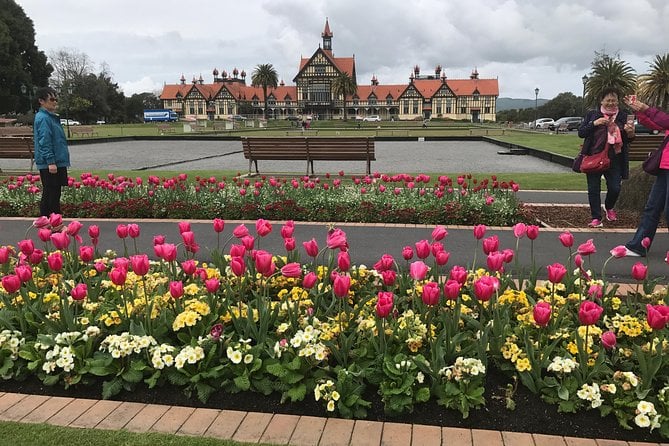 Rotoruas Cultural Heartbeat A Guide To Maori Traditions And Geothermal Wonders
May 11, 2025
Rotoruas Cultural Heartbeat A Guide To Maori Traditions And Geothermal Wonders
May 11, 2025 -
 Jessica Simpson Back On Stage A 15 Year Hiatus Ends With A Triumphant Performance
May 11, 2025
Jessica Simpson Back On Stage A 15 Year Hiatus Ends With A Triumphant Performance
May 11, 2025 -
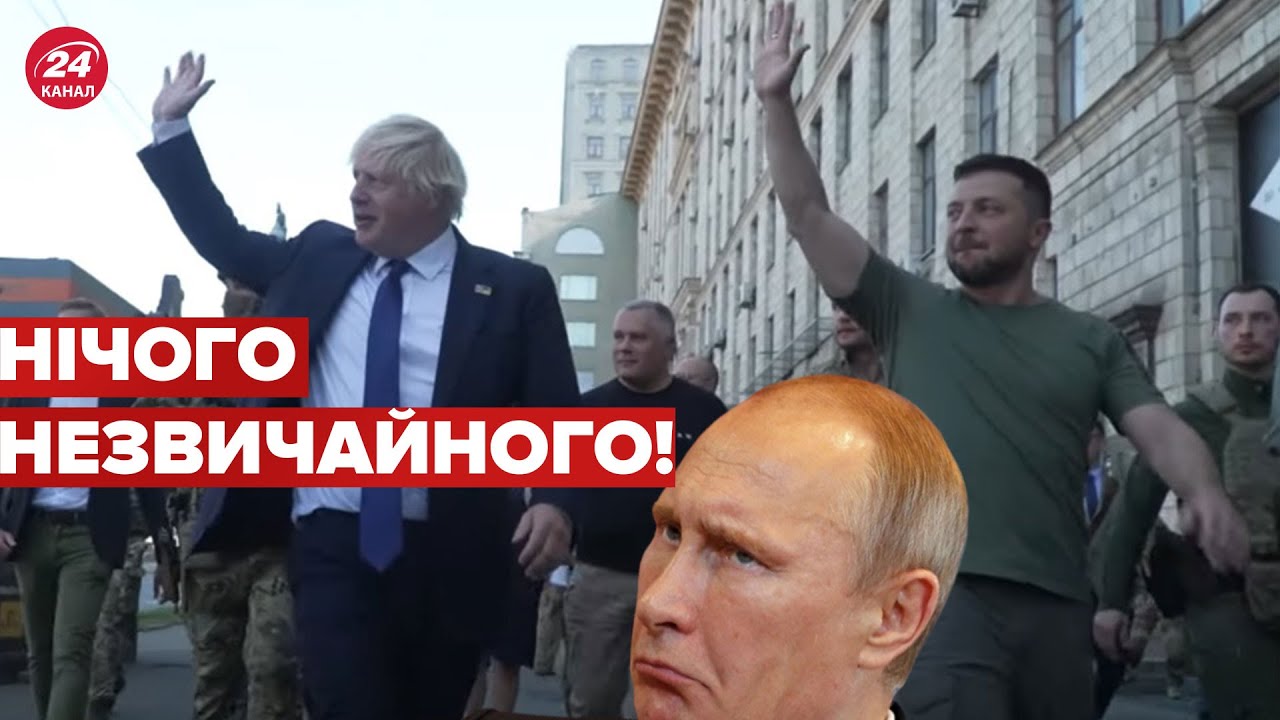 Putin Tramp Ta Dzhonson Detalniy Rozbir Yikhnoyi Neschodavnoyi Rozmovi
May 11, 2025
Putin Tramp Ta Dzhonson Detalniy Rozbir Yikhnoyi Neschodavnoyi Rozmovi
May 11, 2025
